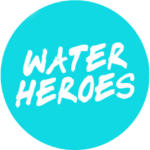For the first part of this century, water purification systems were centered on chemical clarification, granular media filtration, and chlorination. As the needs for clean and safe drinking water increases, advanced technologies and methods are slowly but steadily penetrating the market.

